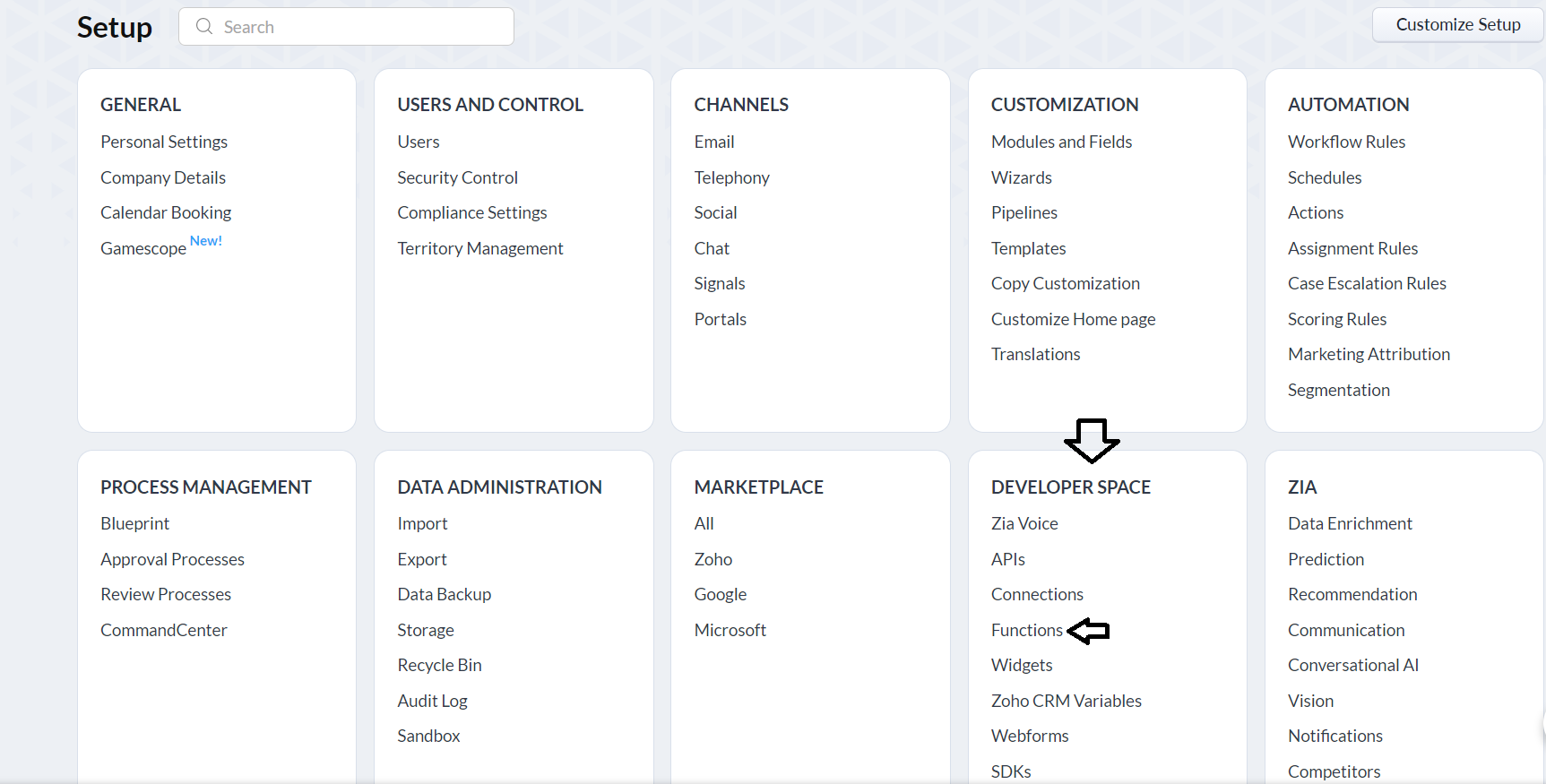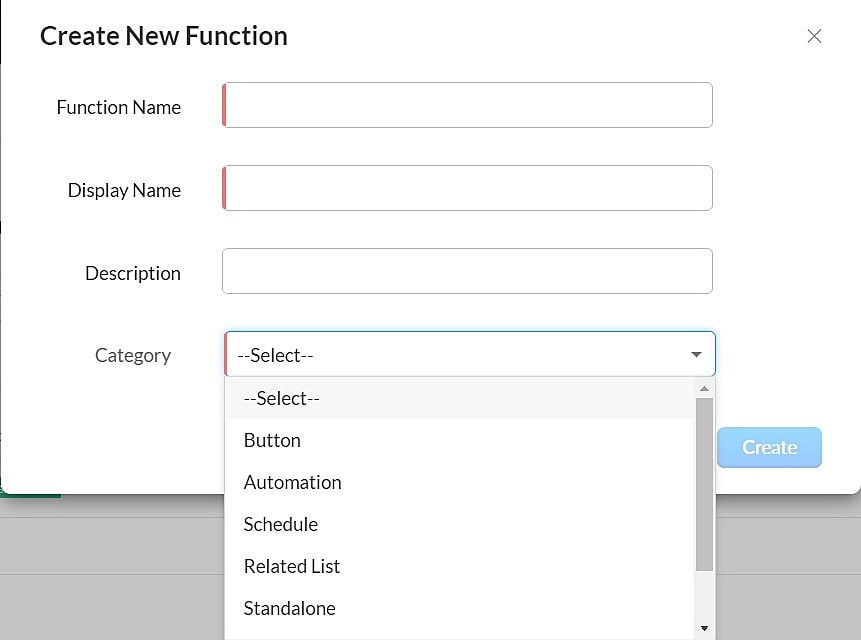crmAPIRequestMap = crmAPIRequest.toMap(); request_body = crmAPIRequestMap.get("body"); info request_body; requestMap = request_body.toMap(); response = Map(); response.put("status_code",200); response.put("Content-Type","application/json"); hasRequests = requestMap.containKey("requests"); if(requestMap.containKey("requests") && requestMap.containKey("notifications")) { notificationMap = requestMap.get("notifications").toMap(); requestStr = requestMap.get("requests"); requestObj = requestStr.toMap(); response.put("body",{"what we got":requestObj,"notification":notificationMap}); if(requestObj.containKey("request_status") && notificationMap.containKey("operation_type")) { operationType = notificationMap.get("operation_type"); //if(requestObj.get("request_status").equals("completed")) if(operationType.equals("RequestCompleted") || operationType.equals("RequestSigningSuccess") || operationType.equals("RequestRecalled") || operationType.equals("RequestRejected") || operationType.equals("RequestExpired")) { requestStatus = "Out for Signature"; if(operationType.equals("RequestCompleted")) { requestStatus = "Signed"; } else if(operationType.equals("RequestRecalled")) { requestStatus = "Recalled"; } else if(operationType.equals("RequestRejected")) { requestStatus = "Declined"; } else if(operationType.equals("RequestExpired")) { requestStatus = "Expired"; } requestId = requestObj.get("request_id"); //Check if already exists zsignrecord = zoho.crm.searchRecords("zohosign__ZohoSign_Documents","(zohosign__ZohoSign_Document_ID:equals:" + requestId + ")"); if(zsignrecord.size() > 0 && zsignrecord.get(0).containKey("zohosign__DeleteEdit_Preview_or_Position_Signature_Fields")) { info "Record already present"; response.put("body",{"message":"Record already present, updating"}); if(zsignrecord.get(0).get("zohosign__DeleteEdit_Preview_or_Position_Signature_Fields") == false) { //Needs to be updated zsrecordId = zsignrecord.get(0).get("id"); recordInfo = {"zohosign__Document_Status":requestStatus}; resp = zoho.crm.createRecord("zohosign__ZohoSign_Documents",zsrecordId,recordInfo); if(resp.containKey("id")) { response.put("body",{"message":"Updated record"}); } } else { return {"crmAPIResponse":response}; } } else { response.put("body",{"request_id":requestId}); associatedModule = "Contacts"; associatedModuleKey = "zohosign__Contact"; actions = requestObj.get("actions"); email = actions.get(0).get("recipient_email"); records = zoho.crm.searchRecords("Contacts","(Email:equals:" + email + ")"); if(records.size() <= 0) { records = zoho.crm.searchRecords("Leads","(Email:equals:" + email + ")"); if(records.size() > 0) { associatedModule = "Leads"; associatedModuleKey = "zohosign__Lead"; } } if(records.size() > 0) { info "Record found"; leadid = records.get(0).get("id"); recordInfo = {"Name":requestObj.get("request_name"),associatedModuleKey:leadid,"zohosign__Document_Status":requestStatus,"zohosign__ZohoSign_Document_ID":requestId,"zohosign__Date_Completed":today,"zohosign__Module_Name":associatedModule,"zohosign__Module_Record_ID":leadid}; //Create ZohoSign Record in CRM resp = zoho.crm.createRecord("zohosign__ZohoSign_Documents",recordInfo); if(resp.containKey("id")) { zsDocId = resp.get("id"); respDoc = zoho.sign.downloadDocument(requestId); zoho.crm.attachFile("zohosign__ZohoSign_Documents",zsDocId,respDoc); response.put("body",{"attached to record":zsDocId}); //Create zoho sign recipients record for all recipients for each action in actions { recpStatus = "Waiting for Signature"; if(action.get("action_status").equals("SIGNED")) { recpStatus = "Signed"; } else if(action.get("action_status").equals("DECLINED")) { recpStatus = "Cancelled"; } recpRecordInfo = {"Name":action.get("recipient_name"),"zohosign__Email":action.get("recipient_email"),"zohosign__ZohoSign_Document":zsDocId,"zohosign__Recipient_Order":action.get("signing_order"),"zohosign__Recipient_Type":action.get("action_type"),"zohosign__Recipient_Status":recpStatus}; zoho.crm.createRecord("zohosign__ZohoSign_Recipients",recpRecordInfo); } } else { response.put("body",{"error":resp}); } } } } else { response.put("body",{"not completed":requestObj}); } } else { response.put("body",{"no request status":requestObj}); } } else { info "Error"; response.put("body",{"error":"No requests key"}); } return {"crmAPIResponse":response}; | 














